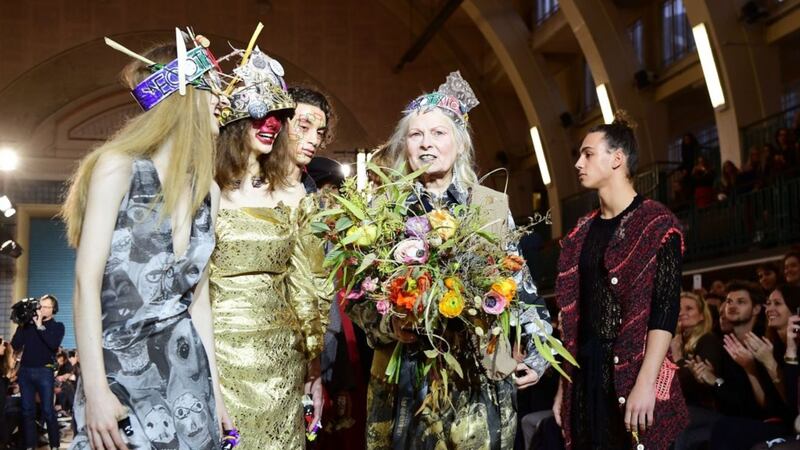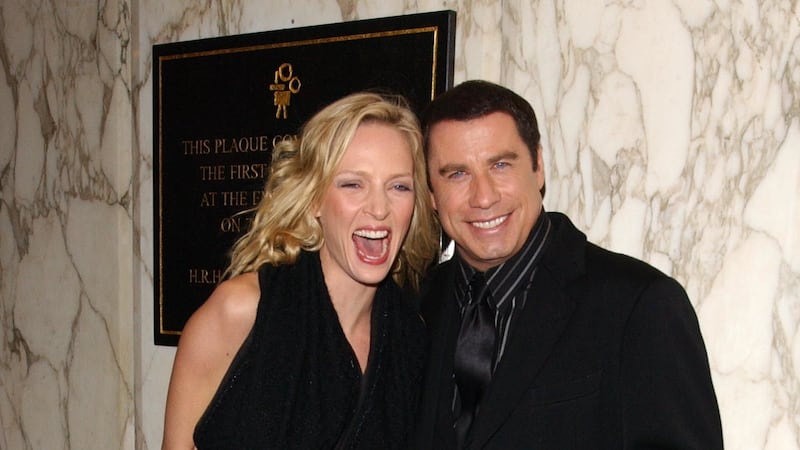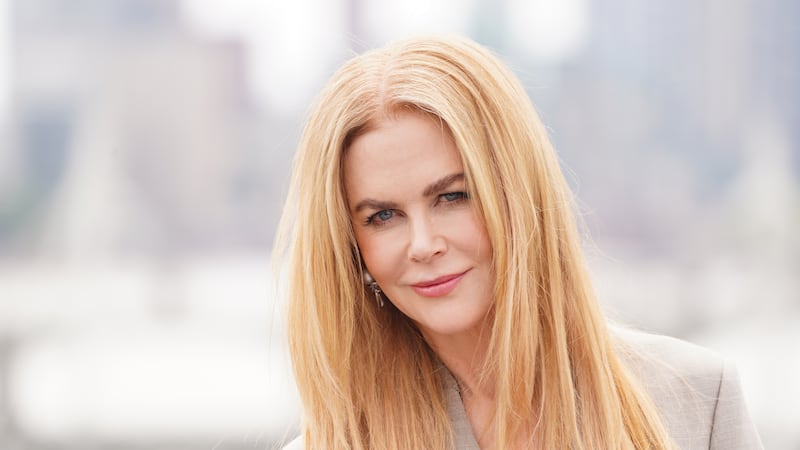As the doors open in London to fashion’s most glamorous and exciting event, some observers will wonder whether the glitzy and often eccentric designs on the catwalk will carry a much-needed message about sustainable clothing.
With designers, celebrities, influencers, buyers and the press gathering at London Fashion Week (LFW) to set the trends that will define the season, it is natural to think ethical fashion should be one of their top priorities.
While there are ethical designers like Christopher Raeburn and Faustine Steinmetz shining a light on the issue, not everyone believes sustainability is being embraced the way it should be.
Alicia Taylor, co-founder of Gather&See – a UK-based online store stocking ethical and sustainable fashion brands – said: “We haven’t been made aware of any specific presentations or events taking place (at LFW) to promote ethical and sustainable fashion.
“Although there are sustainable and ethically minded designers who show at LFW or in the Designer Showrooms, there is no promotion of the fact that they are there or that what they are doing is different and commendable.”
She also believes that given LFW’s influence in the British fashion industry, high-street fashion will take inpiration from the best in the business – making it all the more important to drive the sustainable agenda.
Taylor says: “Buyers from small independents like Gather&See to big global players such as Zara and H&M will be looking both at what is on the catwalks themselves and also what the fashionistas and influencers in attendance are wearing for clues as to what is going to be big for the next season.”
Debbie Coulter, of Ethical Trading Initiative – an organisation that works collaboratively with retailers, brands and their suppliers to ensure that they take responsibility for improving the working conditions of the people who make the products – believes it’s not just LFW but the industry as a whole which needs to change.
“It’s the sector as whole, working collaboratively, that drives change, and there’s a growing awareness that fashion cannot ignore the workers that make their clothes,” she says.
“From major brands to the smallest workshops, London Fashion Week is the shop window for all that is best in UK fashion. In order to ensure a virtuous circle, everyone must prosper.
“That means not only the designers and the fashion houses but also the garment workers, wherever they are based – and that can be in the UK or overseas.
“Whether those taking part in London Fashion Week are global brands or small production houses, they all have a responsibility to source ethically.”
Has the international concern generated after #RanaPlaza waned? https://t.co/pe1zIcZPbk pic.twitter.com/ssf6pePebI
— Ethical Consumer (@EC_magazine) February 2, 2017
Over the years, pleas have been made by environmental and human rights activists to make brands more accountable on how their clothes are made.The shady practices of certain manufacturers were brought to light when a building collapsed in 2013, killing more than 1,000 and injuring 2,500 garment factory workers in Bangladesh, raising serious and disturbing questions about the fashion industry’s ethical standards. The incident sent shockwaves around the world and calls were made for reforms in the $1.2 trillion (£96bn) global industry for better working conditions, improved workers’ wages and minimal environmental bounce-back. But the initial uproar quickly died down to a mere whimper.It’s not just the manufacturers that are part of the problem.
Stats from the Department for Environment, Food and Rural Affairs’s (Defra) 2011 report show we purchase more than two million tonnes of clothing every year in the UK and discard about a million tonnes of them, with 50% of those ending up in landfill. The report also says that “as 90% of UK clothing is imported, our activities have a significant overseas footprint, particularly in India, China and other developing countries”.As Taylor points out: “Whilst the fashion industry may be a trillion-dollar industry, it is also the second most polluting industry in the world and is, in too many cases, built upon the exploitation of farmers and garment workers all over the globe.“We would like to see a future where fashion that is produced in a way that respects people and the environment is the normal rather than the exception.”
In 2006, the British Fashion Council (BFC), the organisers of the LFW, started the Estethica project with ethical designers Anna Orsini, Orsola de Castro and Filippo Ricci to encourage designers to make fashion more sustainable.Then eight years later, the BFC handed the reins of the Estethica project over to the designers to start a new initiative called Positive Fashion – to include a wider agenda to cover diversity, best human and environmental practice, local manufacturing and craftsmanship. While sustainable fashion isn’t highlighted under a separate banner like Estethica this year, Caroline Rush, CEO of the British Fashion Council, says it is at the heart of the BFC’s strategy for 2017.
“This year we will be championing and shining a light on businesses that have great talent, that are sustainable, that have good news stories that represent our Positive Fashion vision for global best practice,” Rush says. “This will not only happen at London Fashion Week but throughout the year.Rush adds the step towards Positive Fashion is a natural continuation of Estethica, saying that the BFC are in the process of creating a database of manufacturers around the UK “that demonstrate and sign up to best practice principles”.But should LFW do more to shape the way we think about our clothes in the future? Taylor thinks so.“The LFW is a unique opportunity for British fashion scene to demonstrate how forward-thinking and creative we are,” she says. “And sustainable innovation is the future of fashion it is a great shame that we are failing to share that message.
“Rather than pigeon-holing or viewing ethical fashion as something niche, and perhaps even unfashionable, we should be celebrating the brands that are doing it right. “In the short term, why aren’t we highlighting their presence at LFW? Maybe it isn’t deemed fashionable to be labelled as such.“We need to nurture sustainable design talent and incentivise others to work this way.”








